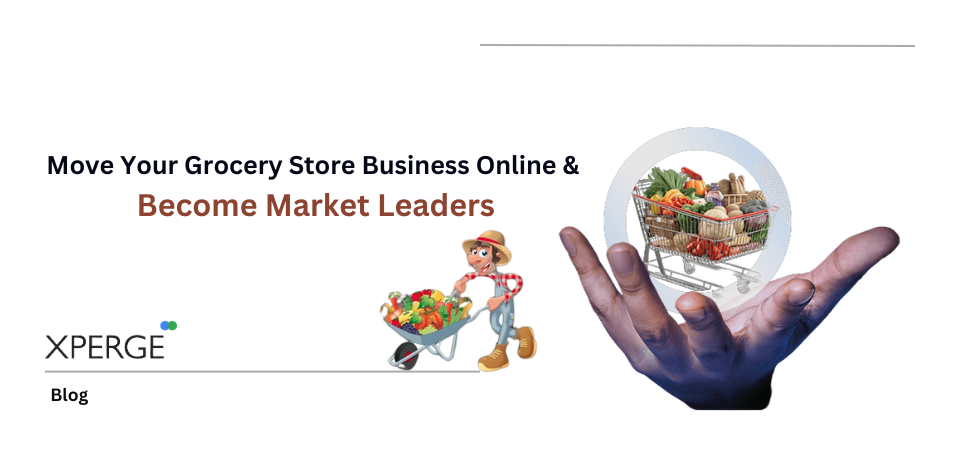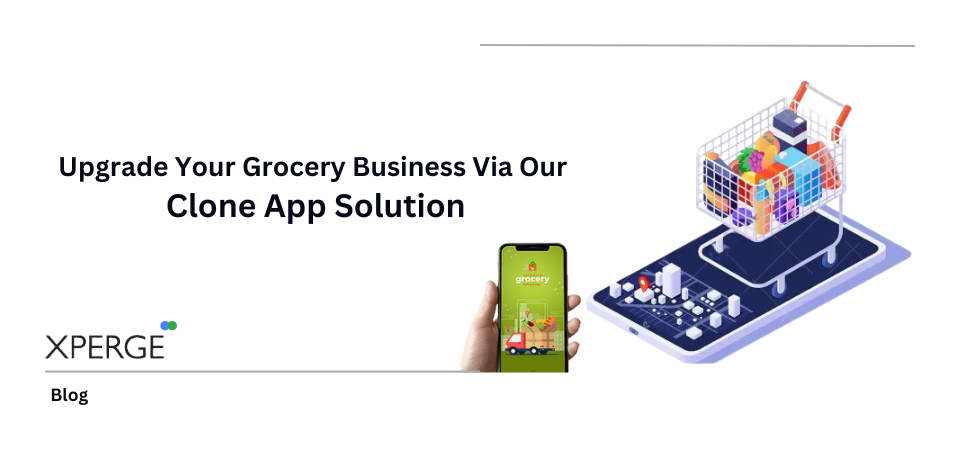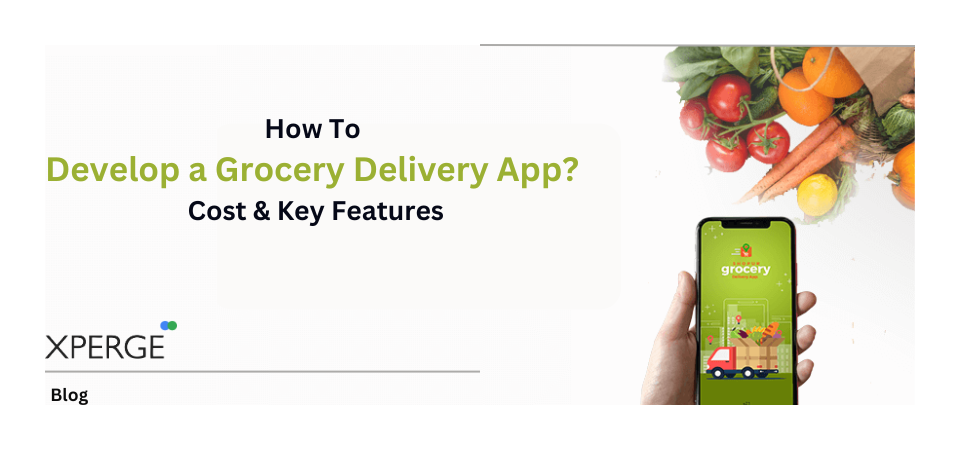Introduction: The Growing Food Truck Industry
The food truck business is a thriving industry that offers entrepreneurs a cost-effective and flexible alternative to traditional restaurants. With growing consumer demand for convenient and high-quality street food, launching a food truck in 2025 presents a lucrative opportunity. However, success requires careful planning, strategic location selection, strong branding, and digital marketing expertise.
Top 5 Key Takeaways
- Fulfilling Customer Needs is Crucial: Being a successful food truck operator is knowing what your customers want, satisfying their needs, and making sure they’re happy.
- Profitability and Popularity: The food truck business is expected to have a market value of over $2 billion in the US alone by 2030, indicating its increasing popularity.
- Digital Revolution Is Crucial: Food truck businesses should use technology, such as smartphone apps, online ordering, payment systems, delivery services, and social media, to prosper in the digital age.
- Constant Innovation and Adaptation: Maintaining your competitive edge requires you to embrace food trends, continually assess and enhance your menu offerings, and modernize your company processes to surpass client expectations.
Understanding the Food Truck Business
Before launching your food truck, it is essential to understand the key components of the business. This includes legal requirements, startup costs, and licensing.
Legal Requirements
Each city and state has specific regulations regarding food trucks. You must obtain:
- Business registration and permits
- Health and safety certifications
- Parking and operational licenses
Startup Costs
Starting a food truck business typically requires an investment of $50,000 to $200,000. Major expenses include:
- Food truck vehicle ($30,000 – $100,000)
- Equipment and kitchen setup ($10,000 – $50,000)
- Branding and marketing ($5,000 – $15,000)
- Permits and insurance ($2,000 – $10,000)
Choosing the Right Location
Best Locations for Food Trucks
Location is key to a food truck’s success. Ideal locations include:
- Business districts with heavy foot traffic
- College campuses and event venues
- Farmers’ markets and food festivals
Negotiating Permits
- Research city zoning laws and regulations
- Apply for permits well in advance
- Consider partnerships with private property owners for prime spots
Creating a Unique Menu
Your menu should reflect your brand and cater to your target audience. Keep it:
- Simple and cost-effective
- Unique and trendy (fusion cuisine, plant-based options, etc.)
- Adaptable to seasonal changes
Investing in Quality Equipment
Your food truck should be equipped with:
- A high-quality kitchen setup
- Refrigeration and storage solutions
- POS (Point-of-Sale) systems for seamless transactions
Branding and Marketing Strategies
Social Media Presence
- Use Instagram and TikTok for engaging visuals and videos
- Run contests and promotions to attract customers
Website & SEO
- Optimize your website for local searches
- Use Google My Business to improve local visibility
Leveraging Digital Marketing
Google My Business
Claim and optimize your Google My Business listing to appear in local searches and Google Maps.
Facebook & Instagram Ads
- Target local audiences with geo-targeted ads
- Use compelling images and customer testimonials
Managing Finances Effectively
Budgeting Tips
- Minimize food waste to cut costs
- Buy ingredients in bulk from wholesale suppliers
ROI Analysis
- Track sales and expenses using accounting software
- Adjust pricing and promotions based on performance data
Building Customer Loyalty
Customer Engagement
- Interact with customers through social media
- Offer a loyalty program with discounts for repeat buyers
Loyalty Programs & Reviews
- Encourage satisfied customers to leave positive reviews online
- Provide discounts for referrals and social media shares
Seasonal and Event-Based Opportunities
Festivals & Catering Services
- Participate in food festivals to gain exposure
- Offer catering services for private events
Collaborations
- Partner with local businesses and influencers for promotions
Understanding Competitor Analysis
Market Research & SWOT Analysis
- Identify your competitors and analyze their strengths and weaknesses
- Differentiate your brand with unique offerings and superior service
Food Safety and Hygiene Practices
Health Standards & Best Practices
- Follow local food safety regulations
- Maintain cleanliness and hygiene in food preparation
Adapting to Trends in 2025
Sustainability & Plant-Based Menus
- Use eco-friendly packaging
- Offer plant-based or gluten-free options
AI in Food Business
- Implement AI-driven ordering systems
- Use digital menu boards to update offerings dynamically

Overcoming Common Challenges
Permits & Competition
- Stay updated on regulatory changes
- Differentiate your business with strong branding and customer service
Future of Food Truck Business
Growth Projections & Tech Advancements
- The food truck industry is projected to grow steadily
- Technology will play a significant role in streamlining operations
Conclusion
Running a successful food truck business in 2025 requires careful planning, strategic marketing, and strong customer engagement. Focus on choosing the right location, maintaining food quality, and leveraging digital marketing for long-term success.








